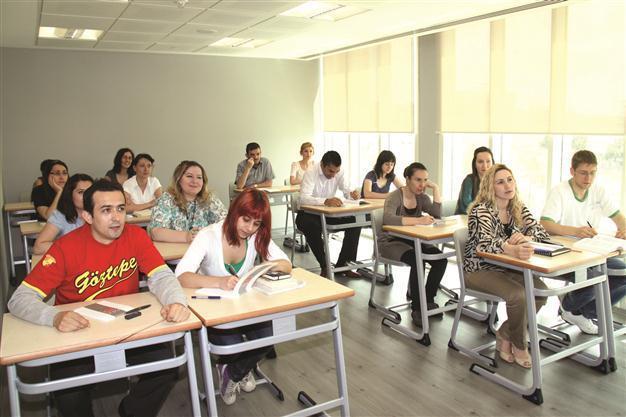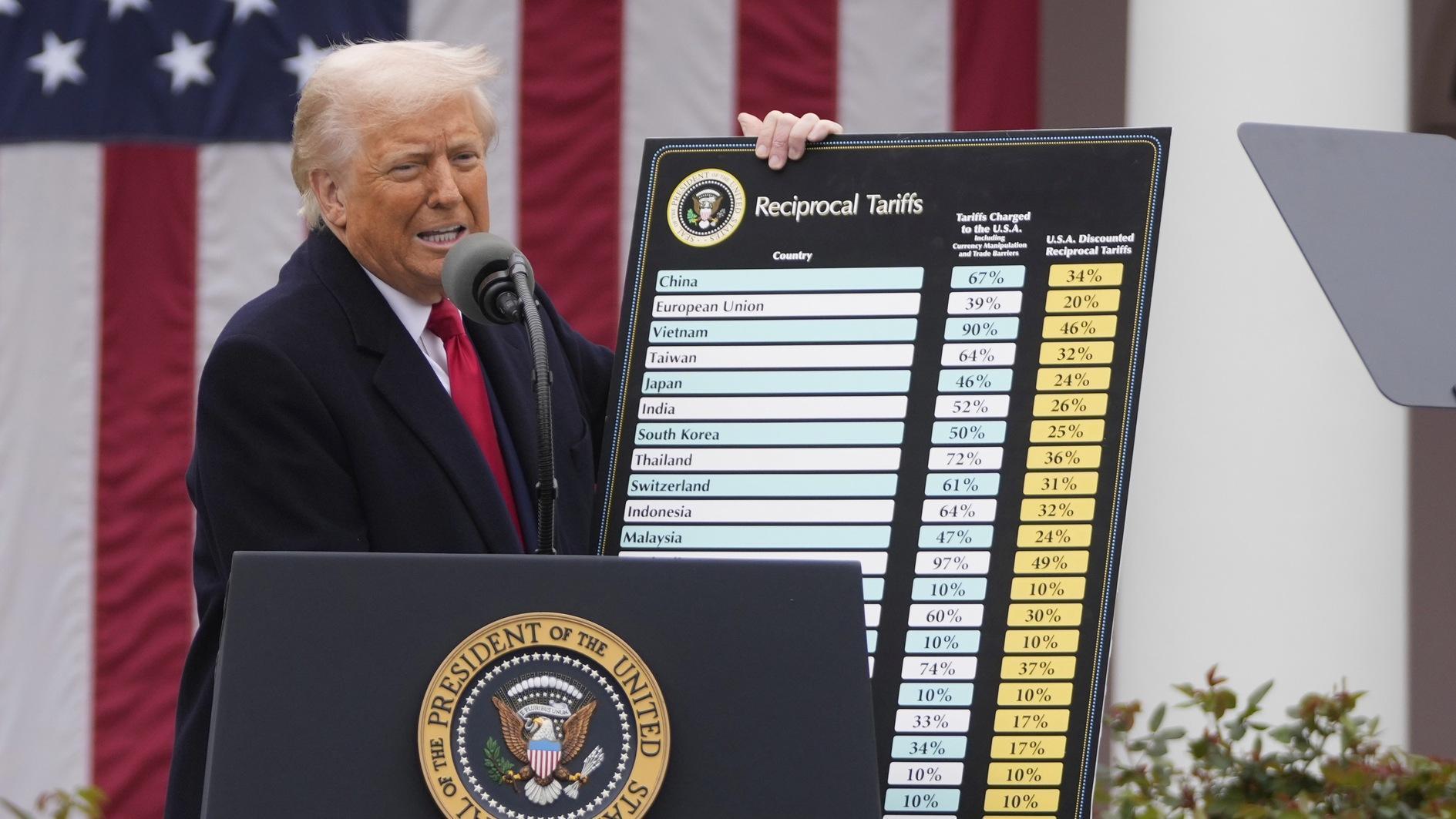Turkey gets F grade in English
ISTANBUL - Hürriyet Daily News

A group of young people are seen during a class at an English school in Istanbul. The level of English is important in terms of attracting investments, a recent report says.
Turkey has ranked a dismal 43rd out of 44 countries in the English Proficiency Index (EPI), possibly hindering its economic competitiveness, according to a recent report by the Economic Policy Research Foundation of Turkey (TEPAV).The EPI, prepared by Education First (EF), ranks Turkey just above Kazakhstan in English proficiency. Despite being the 16th largest economy in the world and a powerful regional player, Turkey lags behind countries like Chile, Saudi Arabia and India when it comes to English, the report said.
Better English skills would make Turkey’s workforce more adaptable to economic reform as well as their immediate neighborhood, according to TEPAV.
“Economists now argue that Turkey needs to shift into what are called ‘second generation reforms,’ which include overhauls in its education, tax system, judiciary and urban planning. The reasoning is that in order to grow Turkey needs to jump from mid-technology activities like machine assembly and textile production to high-tech production, such as pharmaceuticals,” the TEPAV report said.
TEPAV makes the argument that a high level of English proficiency is critical for achieving this second stage of economic growth. Reliance on exports may also affect English proficiency in a positive fashion, according to the report. Reliance upon exports creates an incentive for a country’s population to learn English.
If Turkey were to increase its trade and exports to English-speaking markets like the U.S., this would spillover into an improvement in English levels, the report proposed. Furthermore, the level of English in a country is one of the most important factors for American and British companies when deciding where to outsource a business.
The report also points to educational spending as a key indicator of proficiency in English. Countries that rank in the top 25 of the EPI test spend an average of $32,000 on educational institutions per student, whereas Turkey only spends $12,708.
TEPAV said if Turkey wants to become competitive in English proficiency it must also employ a larger number of native English teachers recruited from abroad, start teaching English at the first grade level as opposed to middle school and institute vocational English courses for professionals subsidized by the state.
“These vocational classes would enable lawyers, nurses, bureaucrats and others to communicate more effectively with their colleagues abroad connecting them to the global knowledge network,” said TEPAV.
EPI is a privately-owned education company and its test is considered as one of the leading authoritative indicator of English proficiency.
The index was compiled from over 2 million adults from 44 countries who took a free online English test.
















